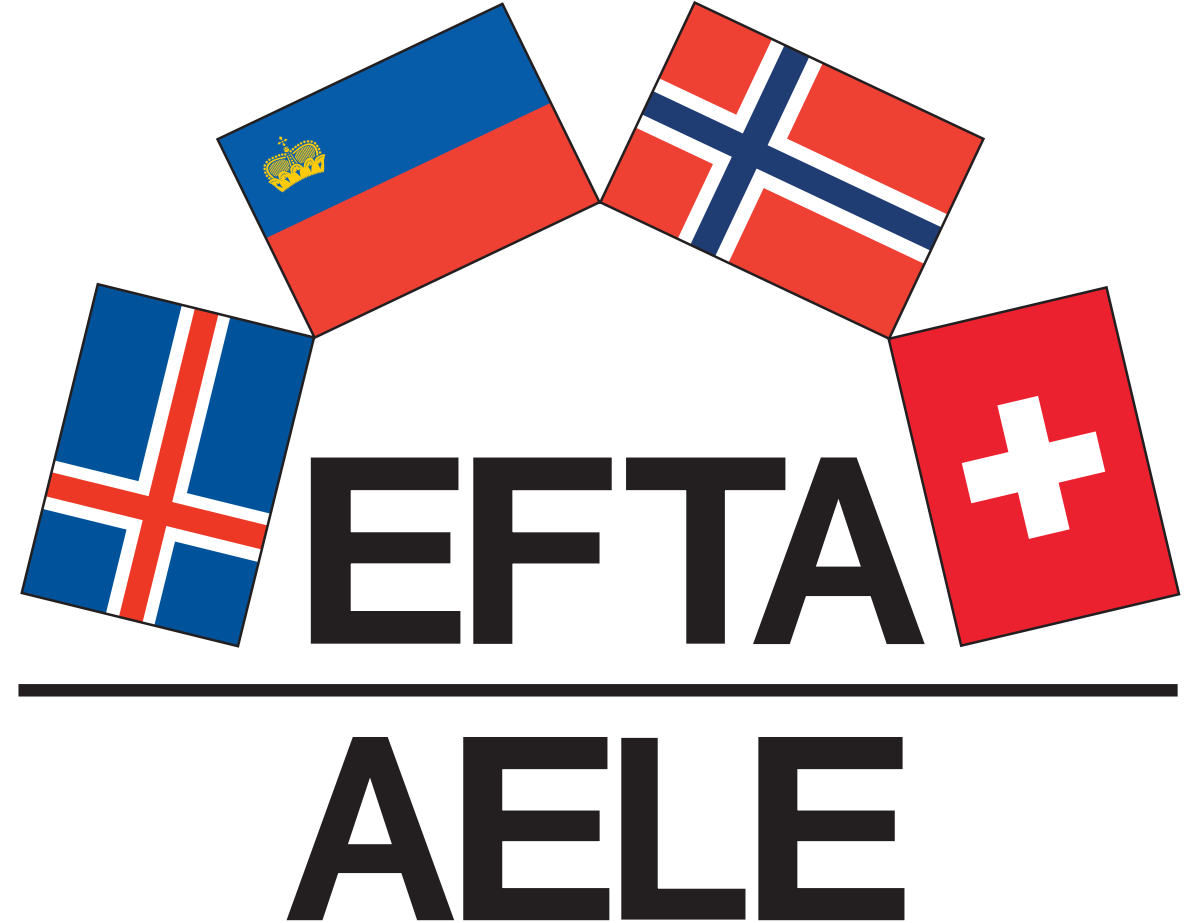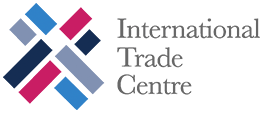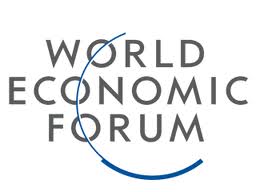Acronym: Geneva Graduate Institute
Established: 1927
Address: Case postale 1672, 1211 Geneva, Switzerland
Website:
https://www.graduateinstitute.ch
The Geneva Graduate Institute of International and Development Studies (Geneva Graduate Institute) is an institution of research and higher education at the postgraduate level dedicated to the study of world affairs, with a particular emphasis on the cross-cutting fields of international relations and development issues.
Through its core activities, the Institute promotes international cooperation and contributes to the progress of developing societies. More broadly, it endeavours to develop creative thinking on the major challenges of our time, foster global responsibility, and advance respect for diversity.
By intensely engaging with international organisations, non-governmental organisations (NGOs), governments, and multinational companies, the Institute participates in global discussions and prepares future policymakers to lead tomorrow’s world.
In 2022, the Institute launched a new Competence Hub on digital technologies. The Tech Hub brings together a diversity of internal and external expertise to explore technologies from a human-centred and human-biotype-centred perspective. The focus will be the exploration of current and future technological innovations from a social science perspective, with an interest in the socio-political, governance, and geopolitical consequences of the current technological revolution. It will progressively structure different kinds of activities as well as welcome and foster research projects.
This transdisciplinary and horizontal initiative enables the Institute to forge and express its own unique voice on the digital turn and its consequences. It has indeed a particular role to play in the exploration of all those questions that need a transdisciplinary social science and humanities perspective and are by nature profoundly inter-transnational. The reality is that the Institute is already producing research and knowledge on those questions and diffusing them through teaching and events.
Digital activities
As part of its main strategy, the Institute seeks to develop digitally driven innovation in teaching and research, as well as information technology (IT) services. At the same time, as a research institution focusing on global challenges and their impacts, the digital turn has become one of its fundamental and policy-oriented research areas.
In terms of research, a growing number of researchers and PhD candidates analyse the impact of digitalisation on international relations and development issues. A few examples of research topics are cybersecurity, hybrid threats and warfare, surveillance technologies, internet governance, digital diplomacy, digital health, digital rights, digital trust, digital economy, the future of work, blockchain and cryptocurrencies, AI and humanitarian law, and AI and peace negotiations among others. The Institute has also developed expertise in using digital technologies as new research methods, including computational social scientific methods and big data analytics.
In terms of teaching, its Master, PhD, and executive education courses are increasingly focused on the effects of digitalisation on society and the economy, and more generally the global system. Some examples of courses are Digital Approaches to Conflict Prevention, Digital Innovation in Nature Conservation, Internet, Technology and International Law, Introduction to Digital Social Science Research, Technology, Society and Decision- making, The Politics of Digital Design, AI and Politics, Internet Governance and Economics, Technology and Development, and Digital Diplomacy and Power Relations on Cyberspace. Digital skills workshops are also organised for students to provide them with basic digital competence for their future professional or academic life, including big data analysis, introduction to programming with R and Python, and data analysis in various contexts.
The Executive Education Course, upskill series, titled Artificial Intelligence: A Strategic Asset for Diplomacy and Organisations, caters to diplomats and professionals in international missions and organisations. Recognising the increasing reliance on AI and digital technologies in these settings, the two-day course delves into the transformative impact of these tools on decision-making, negotiation, administrative tasks, and future scenario prediction. Through concrete applications and case studies, participants explore the promises and pitfalls of AI, including its geopolitical implications. The second day is dedicated to hands-on practice, allowing participants to use and discuss innovative digital tools for enhancing their professional activities.
Over the years, the Institute has developed a performing IT infrastructure with secured data storage space and digital platforms (e.g. Campus, Moodle, TurntIn, Zoom, MyHR, Salesforces, Converis) to provide seamless services as well as dematerialised/paperless processes (e.g. student applications, course registration) for students, staff, and professors.
The Institute has developed digital tools (e.g. app for students, responsive website) and used digital services (e.g. social media, Facebook, Google ads) for many years in its student recruitment and communication campaigns.
Digital tools are also part of the pedagogical methods to improve learning. Flipped classrooms, MOOCs, SPOCs, and podcasts, to name a few, are used by professors in Master’s and PhD programmes, as well as in executive education. The Institute also supports professors in developing pedagogical skills and in using digital tools. Workshops are offered to all faculty members at the end of the summer to prepare them for hybrid teaching and the use of new technological tools in the classroom.
The Institute also organises workshops, seminars, film screenings, and other events on the digital turn, ranging from the digital divide and the governance and regulatory aspects of data to cybersecurity.
Digital policy issues
Some of the Institute’s prominent research initiatives are listed under respective digital policy issues sections.
Artificial intelligence
Conflict and peacebuilding
The faculty carries out a number of digital policy-related research projects, some of which focus on AI in particular. For example, the project titled Lethal Autonomous Weapon Systems (LAWS) and War Crimes: Who is to Bear Responsibility? aims to clarify whether and to what extent the requirements for ascribing criminal responsibility for the commission of an act – and in particular, the key concepts of culpability theories – can be applied to the use of LAWS in combat operations. This analysis will serve to identify lacunae and inconsistencies in the current legal framework in the face of the advent of military robotics.
This project explores how the increasing digitalisation of peace processes affects international peace building efforts that take place in a global environment characterised by friction between liberal and authoritarian approaches. To make sense of these dynamics, the project draws on the concept of apomediation, to suggest that solutions to conflict are no longer simply supplied by human agents, but through a complex entanglement of human-machine networks.
The Intrepid Project aims to develop a general understanding of how policy announcements by state agencies are interpreted by journalists in ways that send signals, indicate intent, and otherwise provoke economic and political reactions. Machine learning (ML) techniques and the semantic and syntactic properties of announcement texts are then used to develop models of the announcement interpretation process.
Global Health
A number of projects carried out by the Institute’s members address the relationship between digital technologies and health. For instance, the Modelling Early Risk Indicators to Anticipate Malnutrition (MERIAM) project uses computer models to test and scale up cost effective means to improve the prediction and monitoring of undernutrition in difficult contexts.
The Institute hosted the new Digital Health and AI Research Collaborative (I-DAIR) (new HealthAI) directed by former Ambassador of India and Visiting Lecturer at the Institute Amandeep Gill. I-DAIR aims to create a platform to promote responsible and inclusive AI research and digital technology development for health. This platform is supported by the Geneva Science and Diplomacy Anticipator (GESDA).
The project Governing Health Futures 2030: Growing up in a Digital World, hosted at the Global Health Centre (GHC), explores how to ensure that digital development helps improve the health and well-being of all, and especially among children and young people. It focuses on examining integrative policies for digital health, AI, and universal health coverage to support the attainment of the third sustainable development goal (SDG).
Democracy
Questions about the potential impact of the internet are now routinely raised in relation to political events and elections in most places. The project on the Digital Infrastructuring of Democracy asks how the digital infrastructuring of democracy unfolds through regulatory and political processes, with a heuristic focus on both its transnational dimension and its specific reverberations in democracies of the Global South. The project concentrates on one thematic controversy related to each aspect of infrastructure: the accountability of algorithms for code, data protection for content, and encryption for circulation.
Taking stock of the centrality of AI in society and in the citizen-government relation, this project hosted at the Albert Hirschman Centre on Democracy seeks to engage with youth in Switzerland to explore the future role of AI in democracy through storytelling and narrative foresight. It will give a voice to the citizens of tomorrow and collaborate with art schools to design participatory AI art.
Future of work
Focusing on the Global South, the project African Futures: Digital Labor and Blockchain Technology strengthened empirical knowledge on changing trends in employment in the region by way of a two-pronged approach to the increasingly interconnected global division of labour: (1) App-based work mediated by online service platforms and (2) the use of blockchain technology in mining sites for ethical sourcing, traceability, and proof of origin.
The emergence of AI and digitally mediated work represents a fundamental challenge for most developing economies. Coupled with jobless economic growth, rising human productivity, and the exponential increase of the available labour pool, few jobs can be said to be safe from automated labour. This project examines the impact of digital work and automation in the Global South, from blockchain technology to ride-sharing apps, to inform debates on automation, computerisation and non-standard forms of work.
Inclusive finance
Projects carried out by the Institute’s members also address the role of digital technologies in enhancing financial inclusion. The project Effects of Digital Economy on Banking and Finance studies digital innovations and how fintech extends financial services to firms and households and improves credit allocation using loan-account level data comparing fintech and traditional banking.
Digital tools
- Digital collections that allow free access to historical documents, texts, and photographs on international relations from the sixteenth to the twentieth century.
- Two free online courses (MOOCs) on globalisation and global governance.
- Podcasts showcasing professors’ and guests’ expertise (What matters today, In conversation with, Parlons en).
- Podcasts are also integrated into the curricula of several international histories and interdisciplinary Master’s courses to encourage students to use social network platforms to popularise their findings.
Future of meetings
Events, sessions, and seminars are held online (usually on Zoom), for example, information sessions for admitted and prospective students take place online.
Social media channels
Facebook @graduateinstitute
Instagram @graduateinstitute
LinkedIn @geneva graduate institute
X @GVAGrad
YouTube @Geneva Graduate Institute











Social media channels
Facebook @eftasecretariat
Instagram @eftasecretariat
LinkedIn @efta
X @EFTAsecretariat
YouTube @EFTAvideo